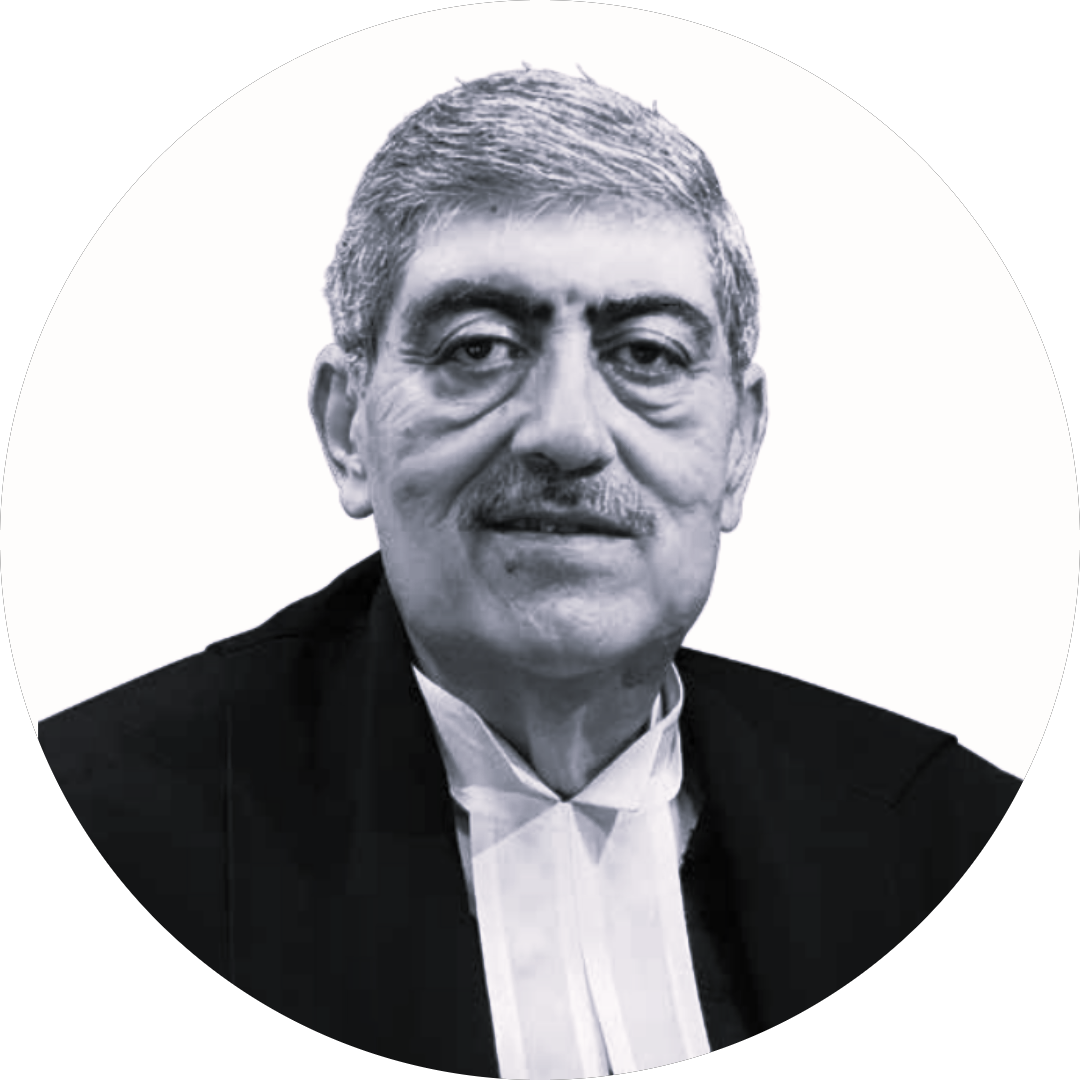Supreme Court’s Power To Directly Grant Divorce
Shilpa Sailesh v Varun Sreenivasan
The Constitution Bench held that the Supreme Court had the power to grant divorce to parties who directly approached it, by using the SC's discretionary powers under Article 142 of the Constitution of India.
Decided
Parties
Amicus Curiae: Indira Jaisingh, Dushyant Dave, V. Giri and Meenakshi Arora
Lawyers: N/A
Case Details
Case Number: T.P.(C) No.1118/2014
Next Hearing:
Last Updated: May 26, 2023
TAGS: Article 142, Constitution, Divorce, Hindu Marriage Act
Key Issues
Can Article 142 be used to decide divorce cases at all?
If yes, what rules should the Court follow to dissolve a marriage between the consenting parties without referring them to Family Court?
Case Description
In 2014, two parties moved the Supreme Court to grant them divorce using its powers under Article 142. Article 142 of the Indian Constitution exclusively enables the Supreme Court to issue or pass any order that it feels is necessary to provide ‘complete justice’ in a case before it.
The petitioners were mutually consenting parties who said that their marriage was irretrievably damaged—not a ground of divorce under the Hindu Marriage Act, 1955 (HMA). Normally, mutually consenting petitioners must approach a Family Court under Section 13B of the HMA. They had arrived at a settlement before they approached the SC. Meanwhile, the Family Court was yet to hear their case.
In 2015, the SC granted them a divorce under Article 142. However, the Bench observed there were many similar petitions pending before it. So, while the divorce was granted the case was kept pending to decide all the other cases. The SC had to answer the following questions:
- Can Article 142 be used to decide divorce cases at all?
- If yes, what rules should the Court follow to dissolve a marriage between the consenting parties without referring them to Family Court?
The Court appointed Sr. Advs. V. Giri, Indira Jaisingh, Dushyant Dave and Meenakshi Arora as amicus curiae to assist the Court in deciding what issues to address. In June 2016, a 2-judge bench of the Supreme Court referred the case to a Constitution Bench. However, the case was not heard till September, 2022.
The case was listed before a Constitution Bench led by Justice Sanjay Kishan Kaul on September 20th, 2022. During the hearings, the Court noted that it would also decide how Art. 142 could be used to dissolve a marriage when one of the parties does not consent to a divorce.
The Constitution Bench, began hearing the case on September 28th, 2022.
On May 1st, 2023, Bench delivered the judgement in the case. They held that the Supreme Court had the power to grant a divorce in cases of ‘irretrievable breakdown of marriage’, even if the parties directly approached the SC without appealing a decision from a lower court.
